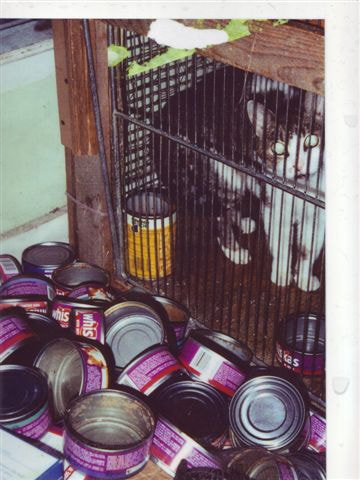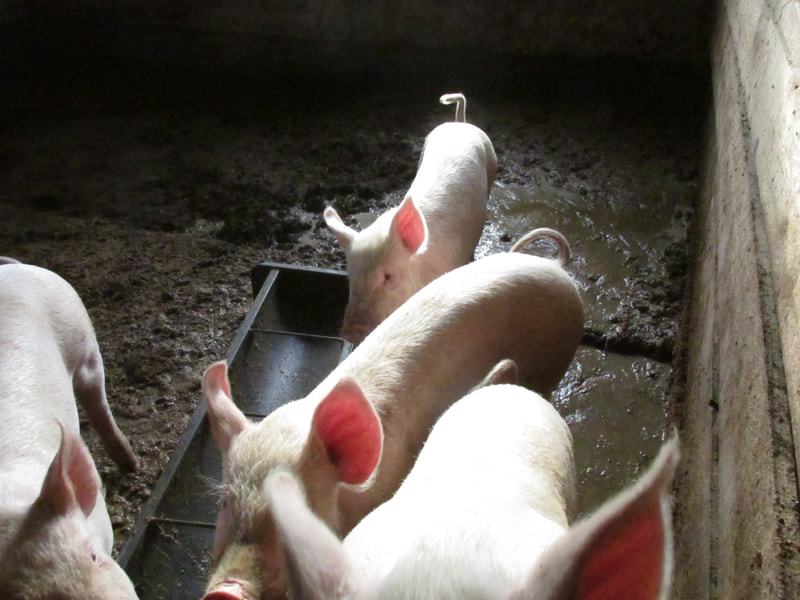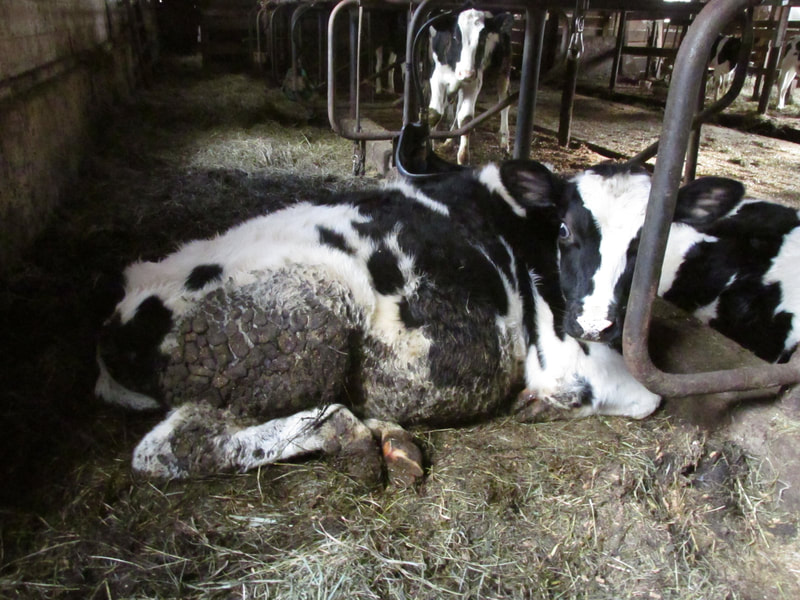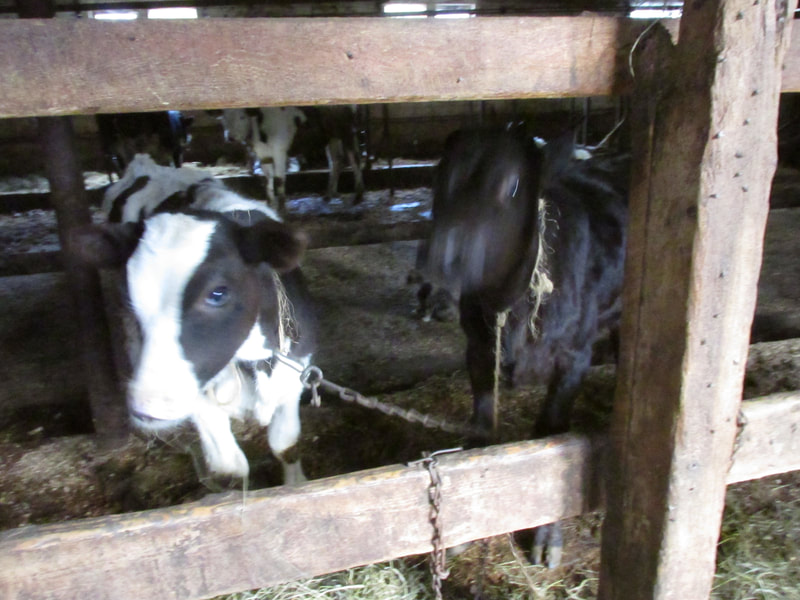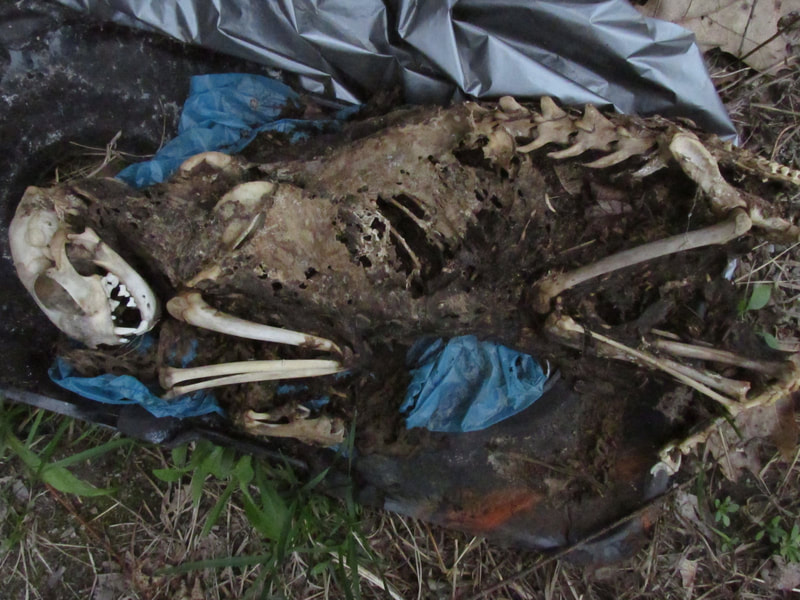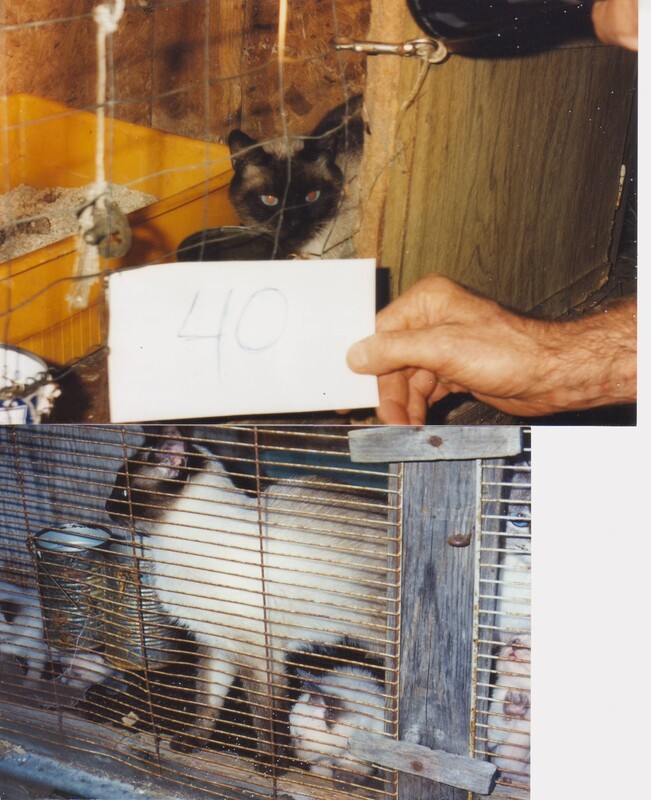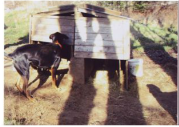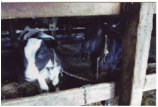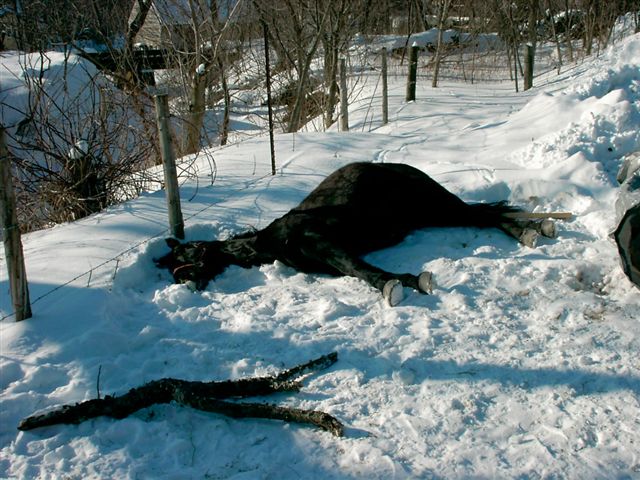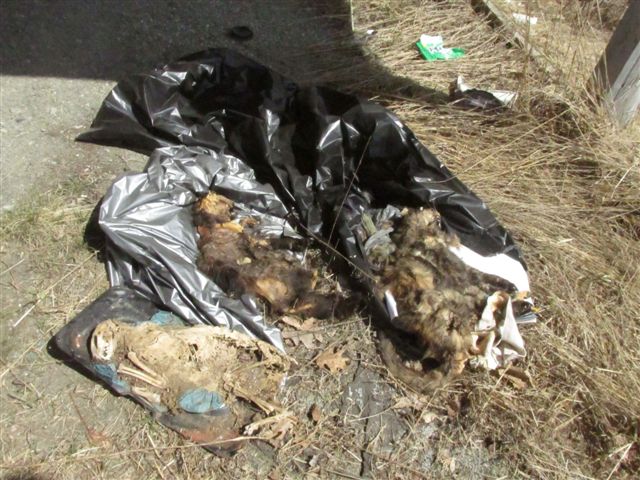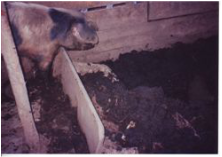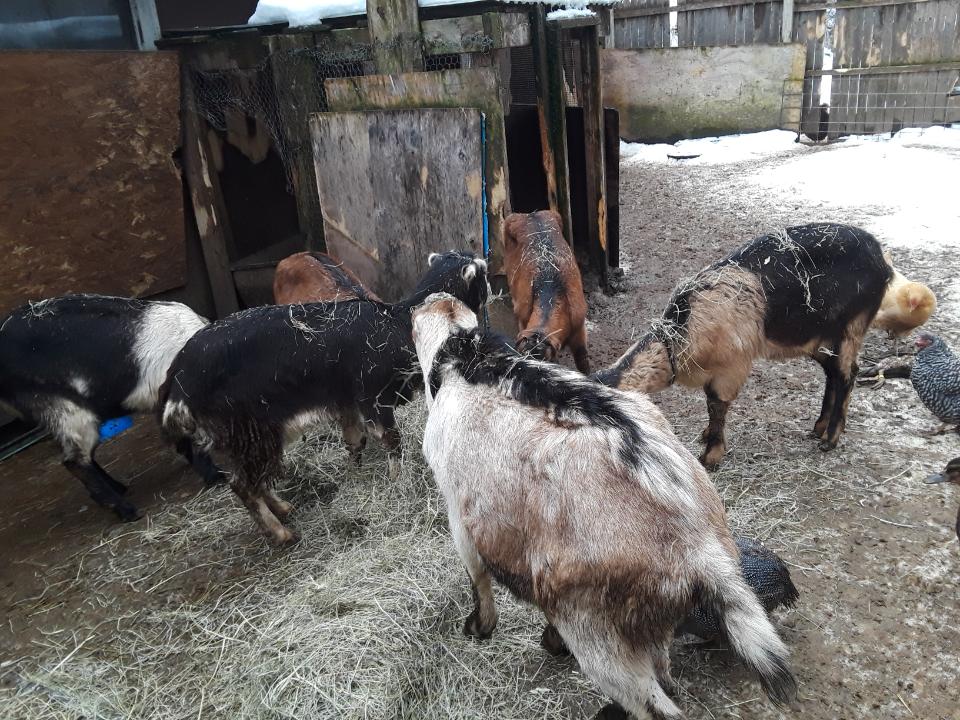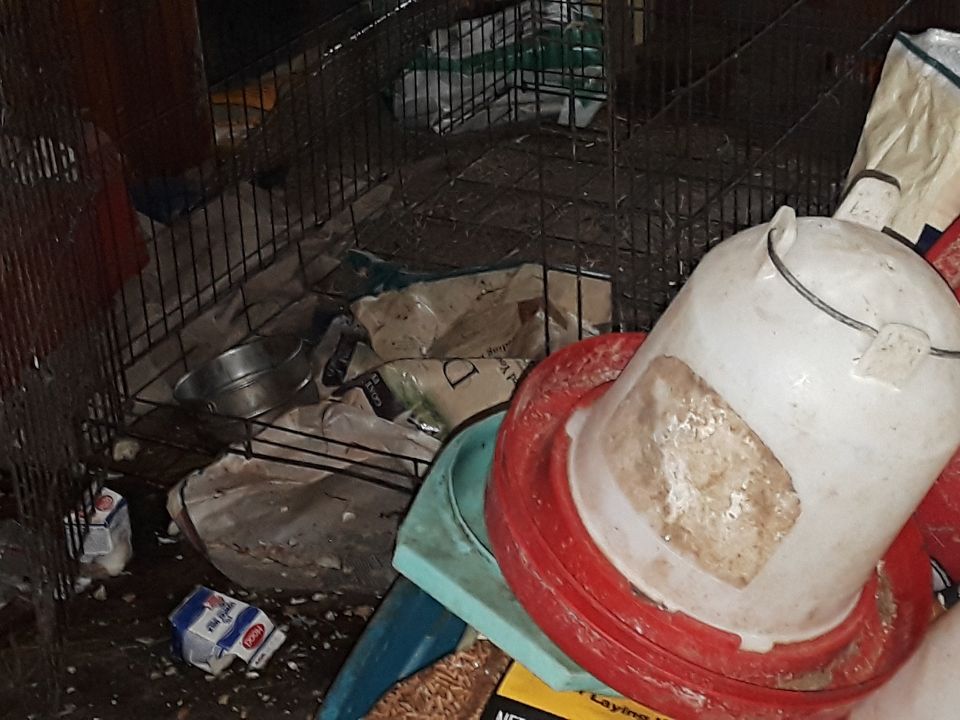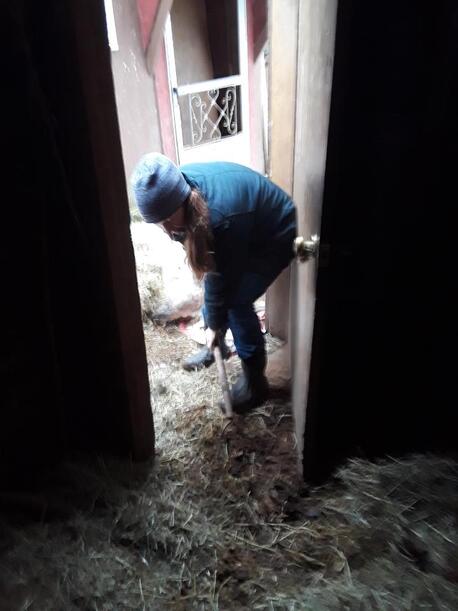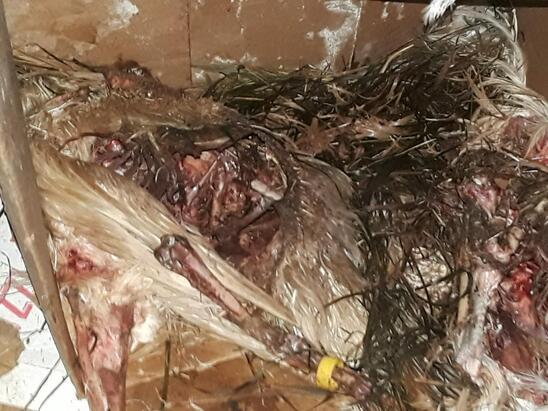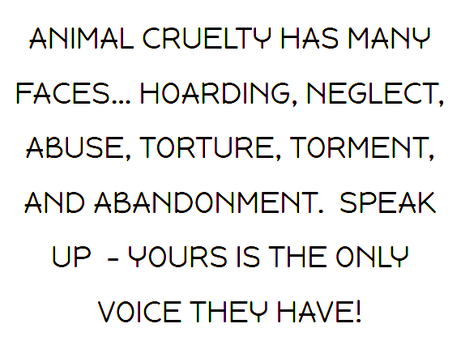
VVSA works to protect the welfare of animals through investigation of cruelty and complaints of neglect. We work with law enforcement agencies throughout the state. Our tax dollars support these agencies and part of their responsibility under the law is to investigate concerns and complaints involving animals; do not be told otherwise. While animals have no voice, you do and should speak up when you witness animal neglect or abuse.
Complaints can be anonymous and directed to your local humane society, sheriff, or police. If you need help locating a local resource, please contact VVSA by email [email protected] or phone at (802) 672-5302. All correspondence with VVSA can be confidential.
An abuser does not stop to count the legs of its victims. Bullies generally start with the weakest and often use abuse of animals to intimidate others in the home, especially children.
Complaints can be anonymous and directed to your local humane society, sheriff, or police. If you need help locating a local resource, please contact VVSA by email [email protected] or phone at (802) 672-5302. All correspondence with VVSA can be confidential.
An abuser does not stop to count the legs of its victims. Bullies generally start with the weakest and often use abuse of animals to intimidate others in the home, especially children.

Vermont Statutes Annotated, Title 13, Chapter 8 addresses the Humane and Proper Treatment of Animals. To view the law, visit 13 V.S.A. § 351 et seq. here.
The law addresses, among all other aspects of proper treatment of animals, “adequate” shelter. During Vermont’s frigid winters, it is critical to provide animals, especially those left out of doors for any extended period of time, shelter that protects them from the elements. Below are some helpful terms regarding what can happen to the body during freezing temperatures that apply equally to our animal companions.
The law addresses, among all other aspects of proper treatment of animals, “adequate” shelter. During Vermont’s frigid winters, it is critical to provide animals, especially those left out of doors for any extended period of time, shelter that protects them from the elements. Below are some helpful terms regarding what can happen to the body during freezing temperatures that apply equally to our animal companions.
|
Hypothermia occurs when your body loses more heat than it can produce. It is usually the result of being exposed to very cold temperatures.
But it can also occur in other circumstances, such as:
These are some examples of animal cruelty cases that VVSA has addressed. See the back story for the animals in these photos by clicking on the image. |
Frostbite is frozen water in body tissues. Like burns, frostbite injuries can be ranked in severity. First-degree frostbite is the mildest. Fourth-degree frostbite is the most severe. It may result in loss of the affected body part. The most common parts of the body to become frostbitten include:
|
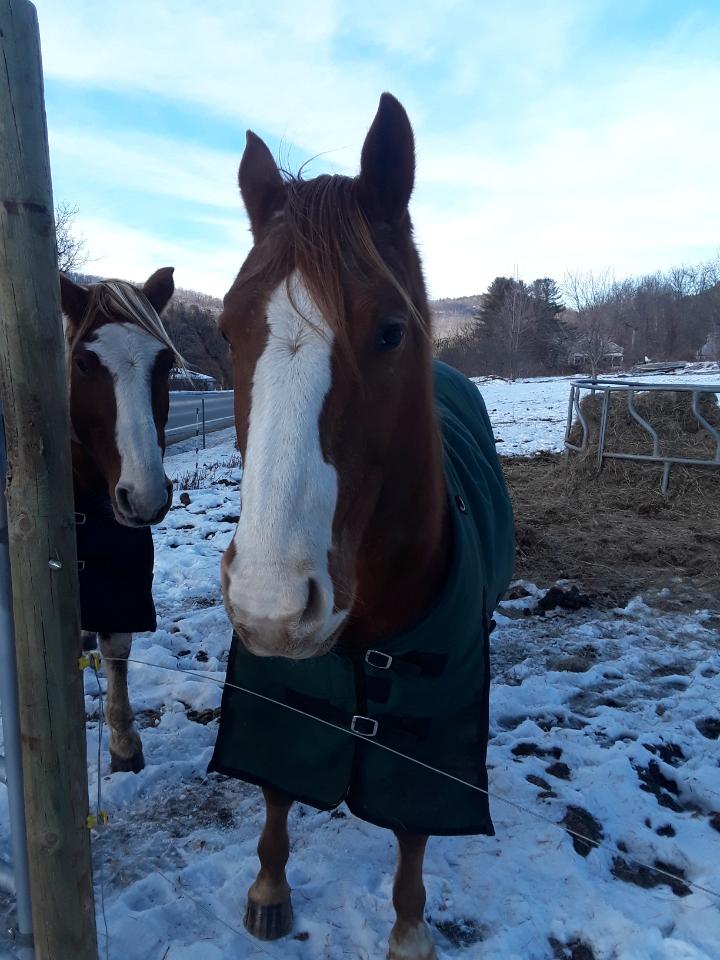
Recently VVSA helped remove ten goats and over 100 chickens, two dogs, ducks and roosters from another situation where they had gone four days without food or water. Without adequate shelter and due to an overwhelming fecal build up, some animals were trapped in what used to be a barn without sufficient light, water, bedding and enough food. Thanks to another rescue organization, Potter’s Angels Rescue, (PAR), Heather Bent, Executive Director, mobilized other groups that immediately came to remove goats and later the poultry. Most animals were re-homed within a week. Thanks to those that donated to VVSA, we were able to supply food, hay and medical treatment for the goats and poultry ~ a costly but well deserved expense.
In the last few weeks PAR and VVSA worked with the Windsor County Sheriff’s Department to bring about the construction of a shed for two horses in a neighboring town, that had no protection from the elements. They were also instructed to replace the mound of hay mixed with manure left for their food, and to provide clean food and water. The project was a success, thanks to concerned neighbors and the Sheriff's Department.
VVSA doesn't take salaries for our work ~ all donations goes towards helping the animals, and donations are tax deductible.

